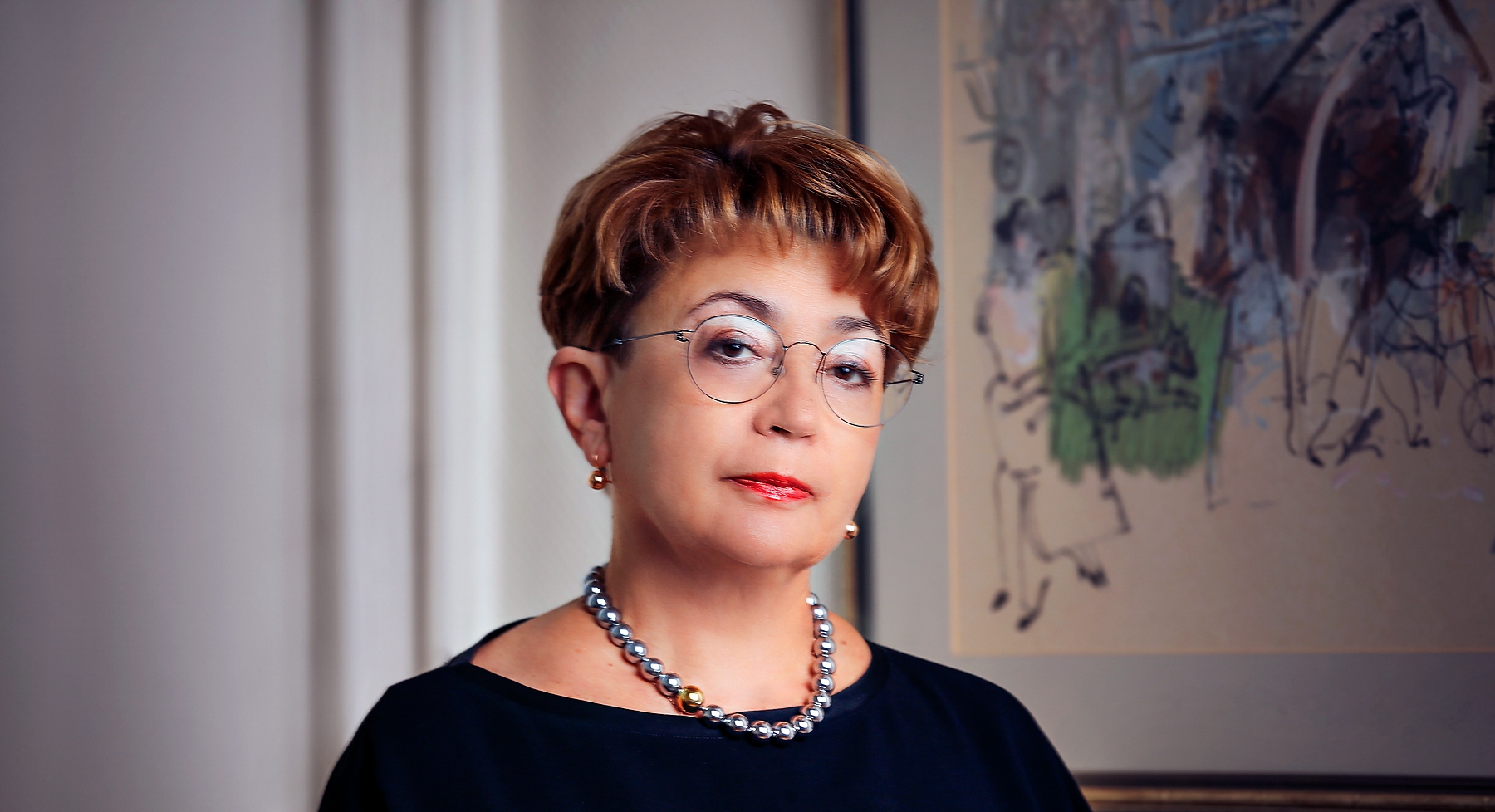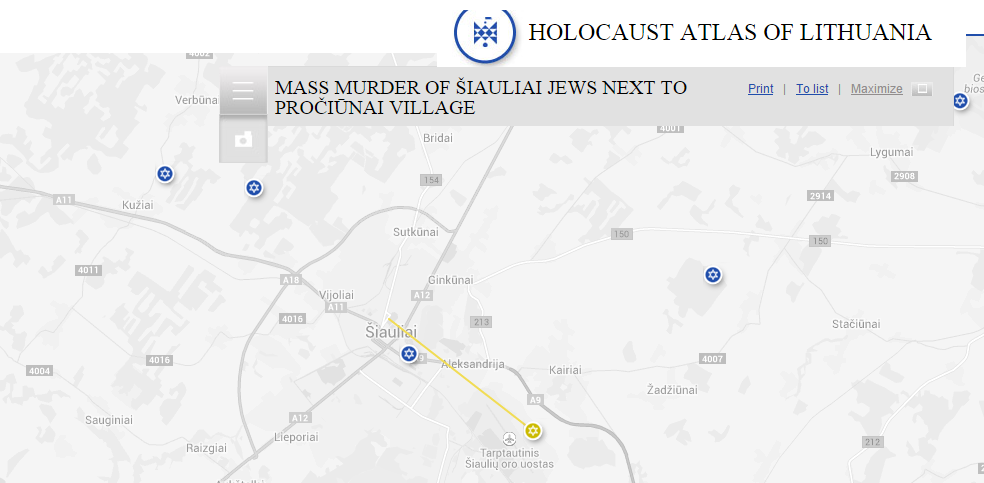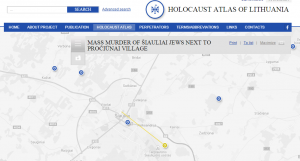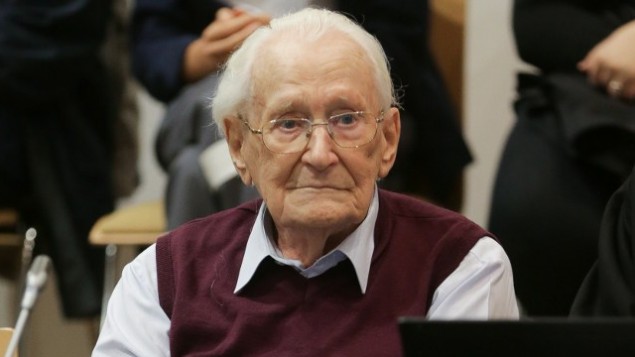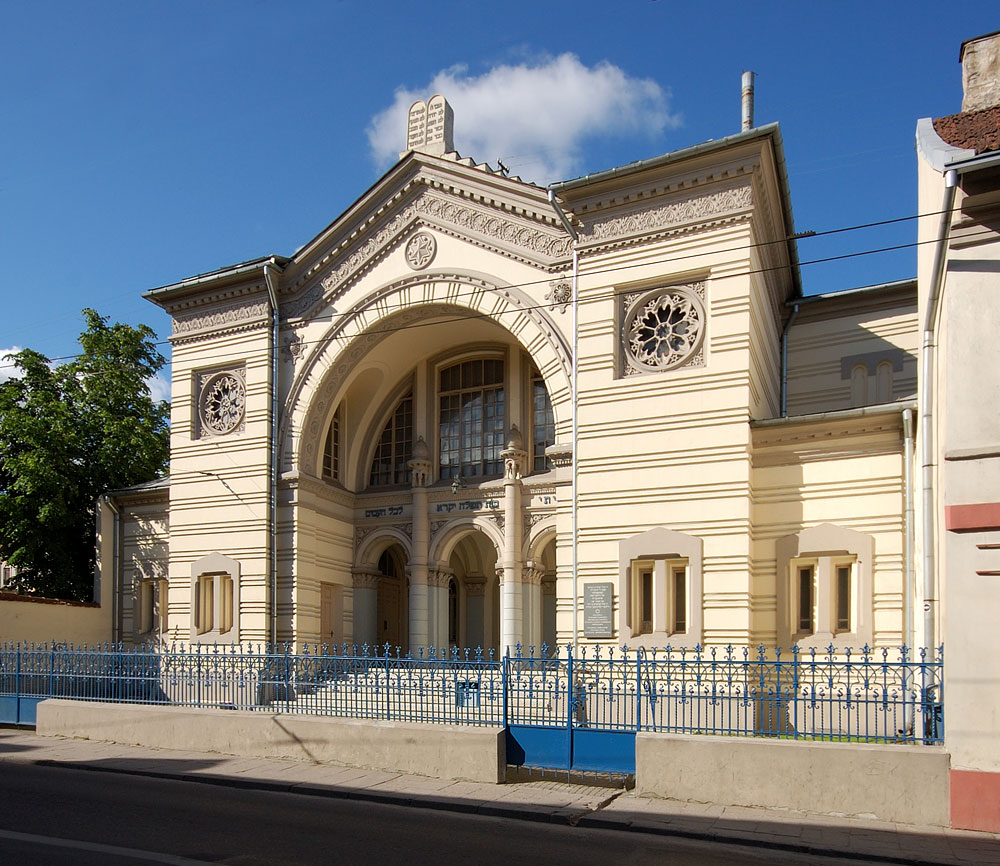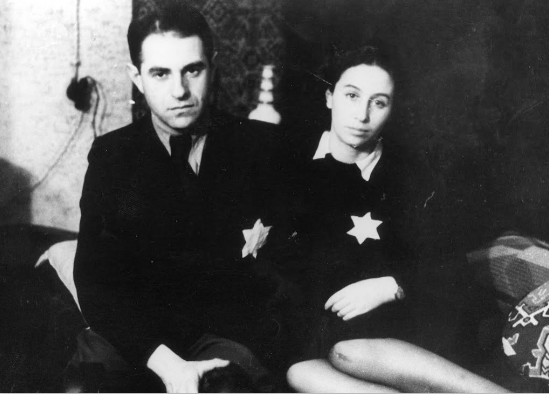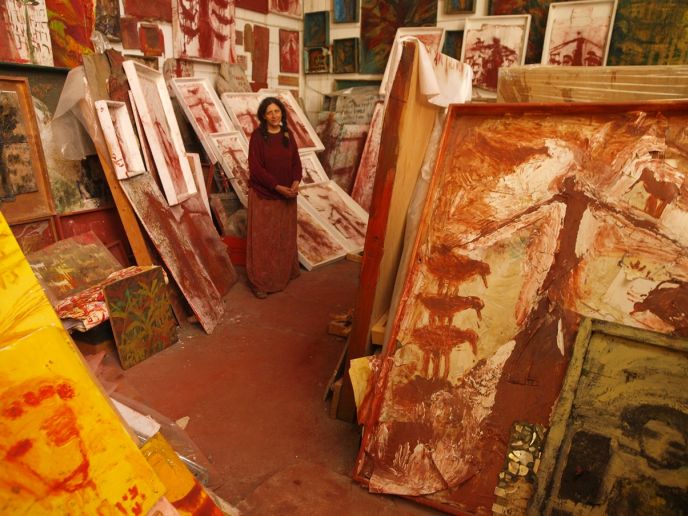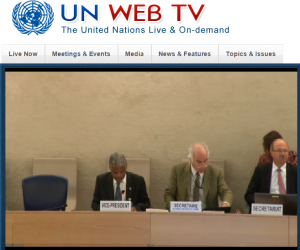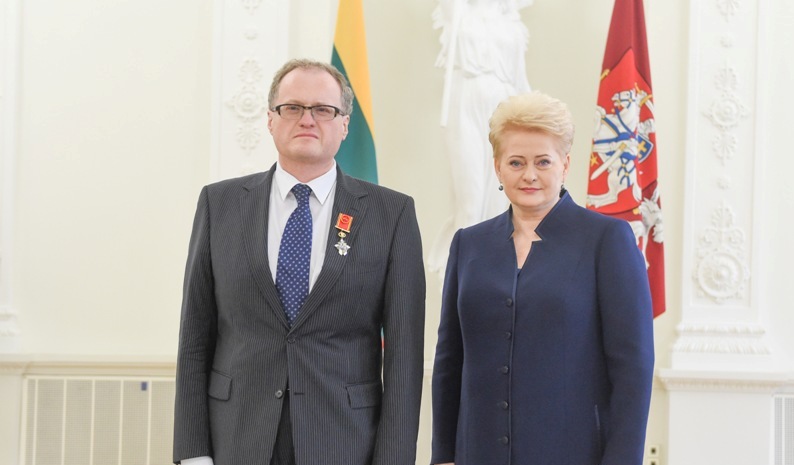In consideration of a request by the Jewish community, the government of the city of Šiauliai, Lithuania has shelved plans to move human remains discovered during road construction. The Šiauliai municipality has given assurances no earth moving work will be performed until due respect is guaranteed for the mortal remains of the people murdered and buried in the mass grave.
Lithuanian Jewish Community chairperson Faina Kukliansky would like to underline the stop in construction is not somehow the fault of Jews, but rather happened because human remains were found at a location where they should have been expected before construction began.
“I can’t say what sort of historical research was performed before construction work was begun. If it had been performed and a new location was discovered accidentally, that would be possible to understand, to forgive and to correct. Until now eight such sites were known. The issue of the Pročiūnai mass murder site was raised earlier and all of the material associated with that issue is preserved in primary sources at the Lithuanian Central State Archive, meaning it has been collected and is known. Although the location hasn’t been determined definitively, today we have all sorts of technology which we can use to determine where human remains are located without even disturbing the surface of the ground. It doesn’t matter whether those remains are of Jews or non-Jews.



















